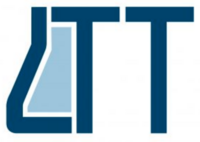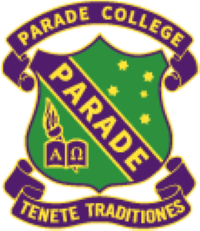
This role has a low level of AI exposure. Core skills such as adaptability, social intelligence, and complex physical tasks remain beyond the capabilities of current AI.
Explore all careersA Laboratory Assistant conducts tests and collects samples in scientific settings, ensuring accuracy, safety, and effective teamwork while using specialised equipment.
Get qualified to work as a Laboratory Assistant with a course recognised across Australia. Speak to a training provider to learn more.











In Australia, a full time Laboratory Assistant generally earns $1,100 per week ($57,200 annual salary) before tax. This is a median figure for full-time employees and should be considered a guide only. As you gain more experience you can expect a potentially higher salary than people who are new to the industry.
 Courses.com.au Team
Courses.com.au Team
This industry has seen stable employment numbers over the last five years. There are currently 6,200 people working in this area in Australia and many of them specialise as a Laboratory Assistant. Laboratory Assistants usually work in larger towns and cities where laboratory facilities are located.
Source: Australian Government Labour Market Insights
 Courses.com.au Team
Courses.com.au Team
If you’re interested in a career as a Laboratory Assistant, consider enrolling in a Certificate IV in Science (Biology). This course covers a range of topics including laboratory safety, working in the field, solving mathematical problems, using maths to solve scientific problems and preparing for further study.
 Courses.com.au Team
Courses.com.au Team
Browse occupations related to Laboratory Assistant



If you aspire to a rewarding career in the healthcare and scientific fields, pursuing Laboratory Assistant courses in Victoria could be the perfect starting point. These courses offer comprehensive training that equips students with essential skills in lab procedures, safety protocols, and technical know-how necessary for various job roles in laboratories. With a strong emphasis on practical skills and theoretical understanding, graduates are well-prepared to meet the demands of the healthcare and scientific industries in Victoria's thriving job market.
Choosing to study in Victoria opens up opportunities not only in laboratory assistance but also in related fields. For instance, after completing a laboratory assistant course, individuals might find themselves interested in becoming a Medical Laboratory Technician or a Laboratory Technician. Both roles build on the skills obtained through laboratory assistant training and offer pathways for career advancement. Furthermore, the vibrant cities and regional areas of Victoria provide a conducive environment for internships and practical experiences, enhancing your employability.
In addition to traditional laboratory roles, graduates of Laboratory Assistant courses in Victoria may also explore exciting and specialised careers such as an Ecologist or even step into the realm of medicine as a General Practitioner or a Surgeon. The versatility of this career path allows for upward mobility into supervisory roles as well, such as a Laboratory Supervisor.
Victoria's commitment to education and training within the sciences means that those seeking to embark on a journey in the laboratory sector will find a wealth of resources and support. Whether you are looking to become a Laboratory Attendant or delve deeper into specialised fields like Dermatology or Ecology, enrolling in Laboratory Assistant courses in Victoria is your first step towards a successful and fulfilling career. Don't miss the opportunity to transform your passion for science and healthcare into a viable career path today!